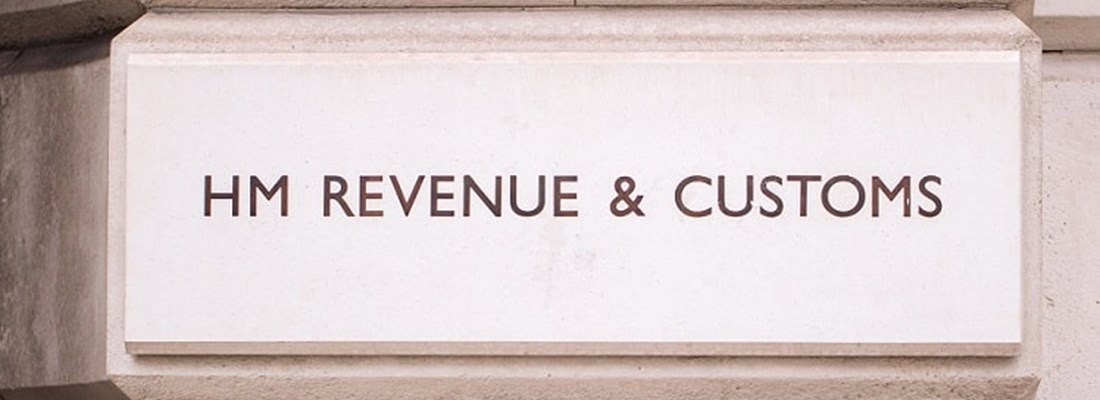Chancellor under pressure as Spring Statement nears

In this blog, we look at some of the demands being made of the Chancellor and ask whether the Spring Statement set for 23 March 2022 will become a mini Budget.
Bold and decisive
The British Chambers of Commerce (BCC) has urged the Chancellor to take ‘bold and decisive action’ in his Spring Statement to tackle the cost of doing business crisis.
As global and domestic headwinds mount following the invasion of Ukraine, the BCC says Mr Sunak must act now to protect the UK from a renewed economic crisis.
The call comes as businesses are increasingly reporting a ‘crippling burden from a myriad of cost pressures’, including rising raw material costs, soaring energy bills and other overheads.
Five-point plan
The BCC is calling on the Chancellor to use his Spring Statement for a five-point plan. This would include delaying the planned 1.25% increase in employer national insurance contributions (NICs) to give firms the ‘much-needed financial headroom to weather this unprecedented surge in costs’.
Additionally, the BCC wants to see a temporary energy price cap for small businesses and the extension of the energy bills rebate scheme for households to also include small firms and energy intensive businesses.
The business group is also asking for a moratorium on new business taxes for the life of this parliament and a commitment to deliver practical solutions to ease the continuing supply chain disruption and labour shortages.
Low tax pledge
Meanwhile, the Federation of Small Businesses (FSB) has called on the Chancellor to deliver on the government’s low tax pledge at the Spring Statement.
The FSB warned that unless Mr Sunak acts 280,000 small businesses are at imminent risk of collapse.
In its Spring Statement submission, the business group recommended increasing the Employment Allowance to £5,000; increasing the rateable value ceiling for Small Business Rates Relief (SBRR) to £25,000; and simplifying the R&D tax credit system to make it ‘more accessible for small businesses’.
The FSB also urged the Chancellor to deliver on pledges to end the UK’s poor payment culture and allocate energy costs via the council tax system to micro businesses through the business rates system.
Historic tax rises
The pace events are now moving at is underlined by the latest research from the Institute for Financial Studies (IFS). The research highlights the scale of the challenges facing the Chancellor.
The IFS warns that if the Chancellor’s current plans are carried out, the scale of the tax increases will be large by historic standards. As well as the increase in NICs there is also a cash freeze in income tax thresholds, which will be followed by an increase in corporation tax rates in April 2023.
However, the impact of higher inflation means that the freeze in tax thresholds alone is now forecast to raise £8 billion compared to the original forecast of £21 billion. That equates to an extra . All together, these increases will ramp up the UK tax burden by an eventual 2% of GDP, or around £46 billion.
Unthinkable cuts
Meanwhile, the other side of the inflationary coin is seeing household budgets squeezed. This has led to over 50 charities and other organisations signing a letter calling for a minimum 7% rise in benefits.
The letter points out that although benefits are set to increase by 3.1% this April, which is a real terms cut when inflation is projected to reach 7.25% next month. It describes this cut as ‘unthinkable’, with the budgets of some households unable to stretch any further.
Keeping your clients informed
How will the Chancellor respond to the demands being made of him? What can he do to ease the crises in the costs of both living and doing business?
We will find out on 23 March 2022. Keep your clients up to date with our detailed Spring Summary, available in a range of formats including printed copies, PDFs and flipbooks.




